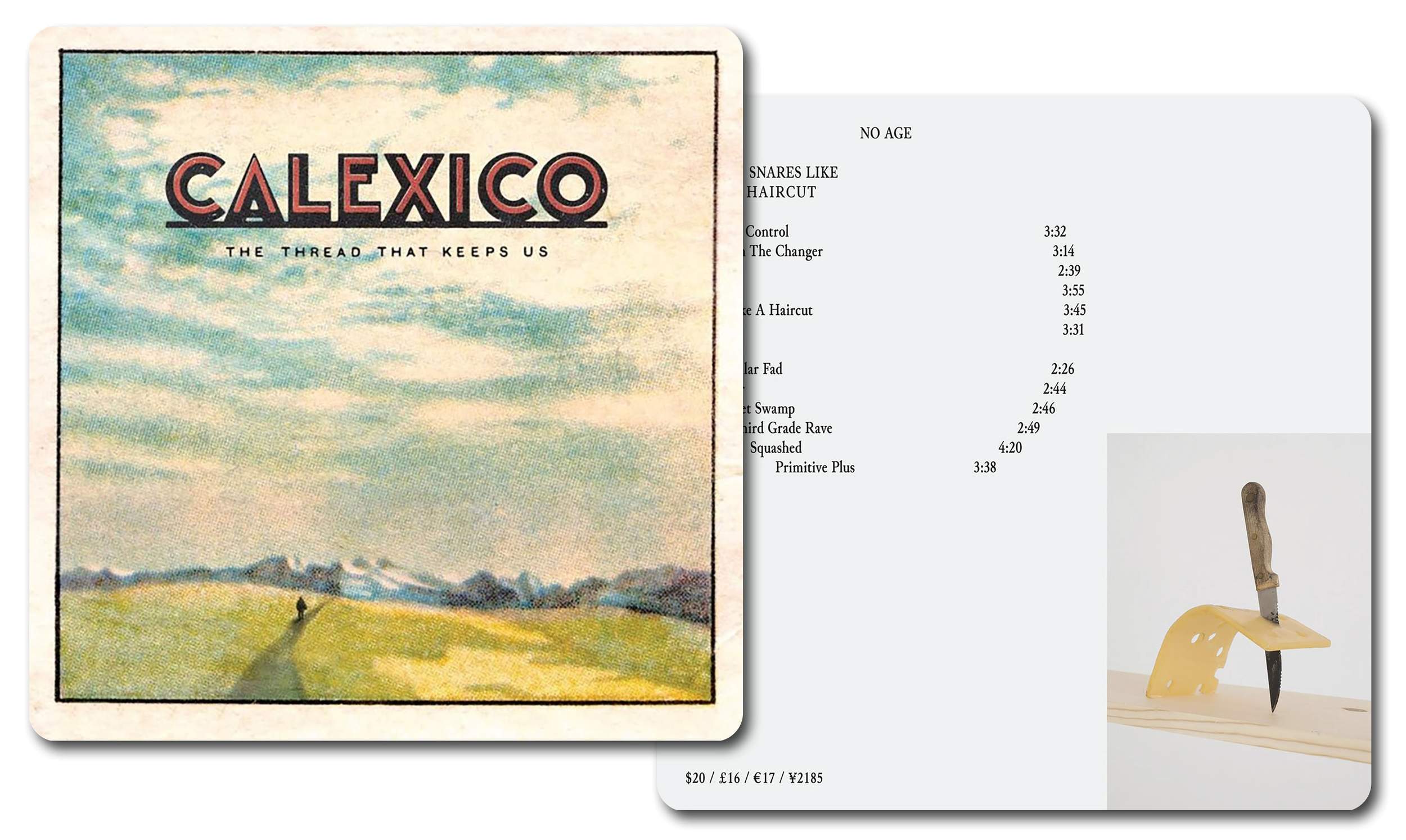I was invited last weekend to join a Facebook group called Colorado Big Game Trophy Wook Hunters.
The page goes something like this: Hippie-ish people – often in festival garb, nearly always with long dreads – are photographed discreetly in public, at festivals, at restaurants, at shows, wherever, and then described in the posts as animals to be feared and hunted, with phrases like “tagged, bagged, and released into the wild.” The captions often reference the wook’s perceived drug use, hygiene, food and music preferences and new age spiritualism, essentially operating on hippie stereotypes.
I can’t lie, scrolling through this page, I found myself chuckling and scrolling and scrolling. And then that tinge of guilt began creeping in: Was this OK? Are we laughing with these folks or at them? Just how mean-spirited was this? I became conflicted, my secret hippie insides quivering.
My questions were not if the page should exist. It absolutely has a right to, and I could easily leave the group and never return. My gut told me that at its base, it was mean-spirited. But I needed to understand why I felt that way.
To be fair to the participants of the group – and there are more than 18,000 who belong – they do come off as confusingly thoughtful and certainly witty, poking gentle fun while eschewing outright mockery, participating in humor not so much based on the actual people in the photos, but on caricature, undeniable hippie tropes, and, yes, stereotypes. The page has strict rules, posted regularly, that are essentially this: Don’t be racist, sexist or homophobic. No photos of kids. Be creative and witty in your posts, as the site is meant to be fun and funny. But just because someone intends for something to be lighthearted and harmless doesn’t mean it is.
To me, the page is not so much poking fun at actual people, but at a lifestyle and belief system. Regardless, stereotypes at their base objectify, stratify and dehumanize. They act as shorthand to place something or someone into a box that is identifiable and recognizable. No matter what the intent, to see real people described as animals to be baited and hunted didn’t feel good.
At the same time, some of the attributes given to the wooks are undoubtedly true. Not all wooks are like they’re described, of course, and not everyone who falls into these tropes have dreads and wear loose-fitting gypsywear while wandering through k-holes.
Though sold as good-natured, there does seem to be some underlying animosity toward the targets of the wook page that might be used as justification by the contributors: that these people are not meaningful contributors to society. They are dirty freeloaders looking for handouts, concert tickets, drugs, places to crash. These are people who have not subscribed to the mainstream like the rest of us and are getting away with it. These are people who lack self-awareness with their far-out beliefs and woo-woo ethics, habits, standards and sensibilities. These are people who do not live seriously and thus should not be taken seriously.
And there’s one huge thing that makes all this somewhat palatable and justifiable for those involved: Those being made fun of are white people. If these white people are poor, it’s because they’ve chosen to be. If they are dirty, it’s because they like being dirty. If they are moochers, it probably has to do with an entitled upbringing. The source of the mockery isn’t something these people were born with, like race or sexuality, but lifestyle choices made voluntarily.
Ultimately, I think we’re all ripe for mockery. Suburban helicopter parents, hipsters, country clubbers, magazine editors. We all fall into one stereotype or another. While stereotypes are rarely a source of goodness, thinking about them – whether we buy into them or refute them – can be useful in teasing out our own beliefs and in understanding who we are and how we are perceived by others, if for no other reason than being better prepared to enlighten someone’s perspective if given the chance.













